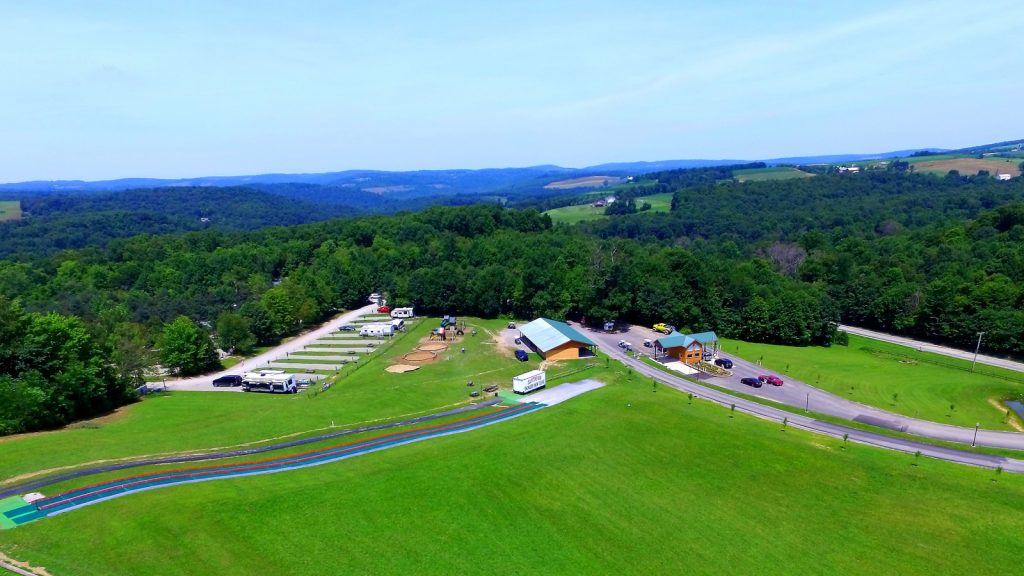Investing in a campground is a profitable venture with 6 out of 10 households reporting that one of them has gone camping. The Recreational Vehicle Industry Association (RVIA) states that there are about 12,000 RV-parks in North America that generate an annual revenue of $37.5 billion. This is impressive and attractive to many people who wish to build or buy a campground as part of their business portfolio. You can choose to buy, build, market, and manage your campground from scratch, brick by brick. However, this is tough, and you may take longer to break even and attract a vast clientele. The best way to venture into the leisure business is through campsite franchise.
Buying a campground franchise will better your chances of scoring big in the highly competitive leisure industry. This is because most of the heavy lifting has already been done, and your main role would be to maintain and improve standards of the campsite business and keep the customers coming. In other cases, a campsite franchise will assist you in building your campground by providing you with guidelines of the amenities you need to install to meet their standards. This is even much easier because you will be guided by experienced professionals who have been in the campsite business long enough. However, if you decide to go at it alone and not use campsite franchise, you should be guided by the following factors.
1. Campground Location Is Key
Campers are always looking for that campsite located in a serene environment where they feel most in touch with nature. The landscape of your campground should be suitable for outdoor activities such as hunting, roasting meat, fishing, and hiking. The best campsites are located near large lakes or in tropical climates. However, as long as your campground is exquisitely tucked away from the city noise and buzz, and you have enough land to go by, you can make it attractive by improving the natural beauty of the landscape. You could do this by planting beautiful trees, maintaining lawns, and keeping animals such as horses and dogs and installing recreational amenities such as swimming pools, playground equipment, and RV sites. You need to invest loads of time and effort to make sure that your campground is attractive and inviting to clients from all walks of life.
2. Installing Infrastructure
This is where the hard work begins. You will have to figure out the best ways to install power lines, sewer lines, water lines, access roads, fire extinguishers, and also install Wi-Fi which is one of the top three important factors to consider. You need a clear plan when laying down the infrastructure to avoid losses incurred in redoing the installation if there is a mix up in the process. Additionally, you have to get various permits and licenses from your state to make sure that you adhere to the state’s laws. Today, there are more stringent state laws that guide the buying and building of campgrounds. Make sure that you do not bend or neglect any of the state’s guidelines, as this may cripple your campground business. It may take time to get all the licenses and permits depending on your state, so it is good to allocate enough time to get this done first, before embarking on laying infrastructure.
3. Building Lodges and Other Facilities
You will need to allocate enough land on your campsite to build accommodation facilities for the campers. Remember that campers want to have the feeling of being home while away from home. Therefore, you should go the extra mile in ensuring that the cabins are strategically located in a cool location surrounded by trees and nice-smelling flowers. Additionally, you have to ensure that the bathrooms, showers, and kitchens are comfortable and easily accessible.
Ultimately, it all falls to the individual dedication and how good you want your campground to look. You will also determine the type of clientele that you want your campground to attract in the way you design it. While a campsite franchise would make the process easier, building your campsite will, in the long run, give you more experience in the leisure industry.
